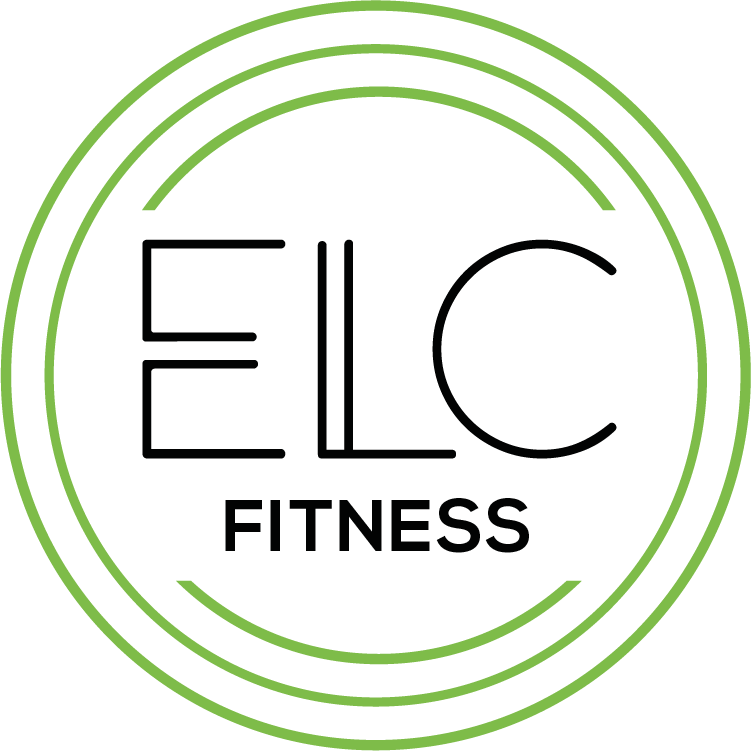As we prepare for our Million Meters Row event coming up June 9th 2019 with the intention to bring awareness to mental health in our community, we want to share resources and tools from our tool boxes with you on ways you can support your own mental health!
This weeks tool: Meditation: Why, How, When?
Why?
Meditation is no easy task. We live in an incredibly fast paced, busy society where our obligations, task lists and priorities are plenty. Our brain has to easily switch from one thing to the next, so when we try to slow down it becomes difficult. So why can’t we just keep going? Why is it important to slow down? Our bodies are equipped with the fight/flight response. Long ago, when we were in a threatening situation, our brain would signal to the body that it was time to react- our sympathetic nervous system revs up the body to respond to a threat. The problem is that now we’re always responding to stress and not giving our brain and body a chance to come down from it. Slight stressors keep our body in an unbalanced state and this response happens automatically. The parasympathetic nervous system is what allows the body to slow down and return to a balanced, less stressed state. Meditation is one of the things that people can use to bring balance back into the body and activate the parasympathetic nervous system. Slowed, controlled breathing and lengthened exhales tells the mind and body that it doesn’t need to rev up to respond to stress. Although meditation is one strategy, there are more strategies as well. It doesn’t have to be for everyone- but it can be for you if you’re willing to give it a try.
How?
I recommend starting slow. Don’t plan your first meditation or breathing exercise to be 60 minutes long with no movement as that’s setting you up for difficulties. Just like any skill or new activity, it can take time to find benefit. There are some really great meditations under 5 minutes. It can be good to start with an app. Insight Timer, Stop, Breathe Think, and CALM are all good options. Insight Timer does have search mechanisms that you can search by length. There are thousands of contributors to Insight Timer all over the world and I also contribute several meditations to the app. Mindfulness meditation is another good skill and strategy that’s been proven to be effective in reducing stress, anxiety and more. This is “paying attention, on purpose, in the moment”. You describe your experiences in the present moment rather than judging and allowing your thinking to jump into the future or delve into the past. There are some great mindfulness meditations out there to try and mindful breathing exercises as well! You also get to make meditation your own experience! What is your intention for meditating? You get to set that intention, you get to bring what you want to into the space and try something that works for you. I personally like guided meditations where I can get a break from the everyday hustle and bustle. Waves of the ocean, the breeze in a beautiful forest or simply a quiet space.
When?
Whenever you can! This doesn’t have to be perfectly planned out or done in a certain way. It can simply be when you have a spare 5 minutes, when you feel yourself getting revved up or even when you’re already relaxed. You can use if before bed, when you wake up in the morning or even during the day.
Thanks for reading!
Jeanne Williamson
Event Details: https://www.facebook.com/events/2006342056327291/
Ways to Donate: https://www.gofundme.com/manage/ROWELC
-OR-
stop into ELC with a check or cash
-OR-
drop in the day of the event with a minimum donation of $25 for 25 minutes on the rower! **You can donate without having to row, somebody else at ELC can row your donation minutes for you 🙂
